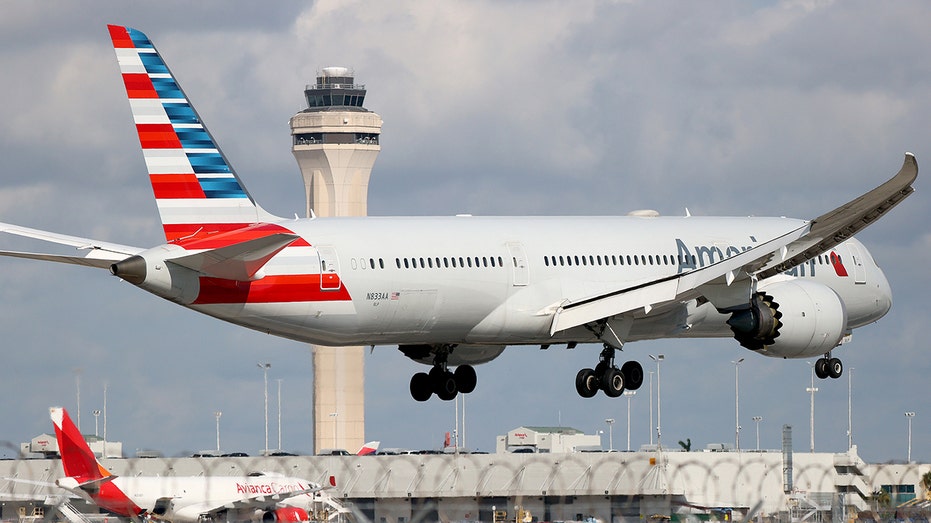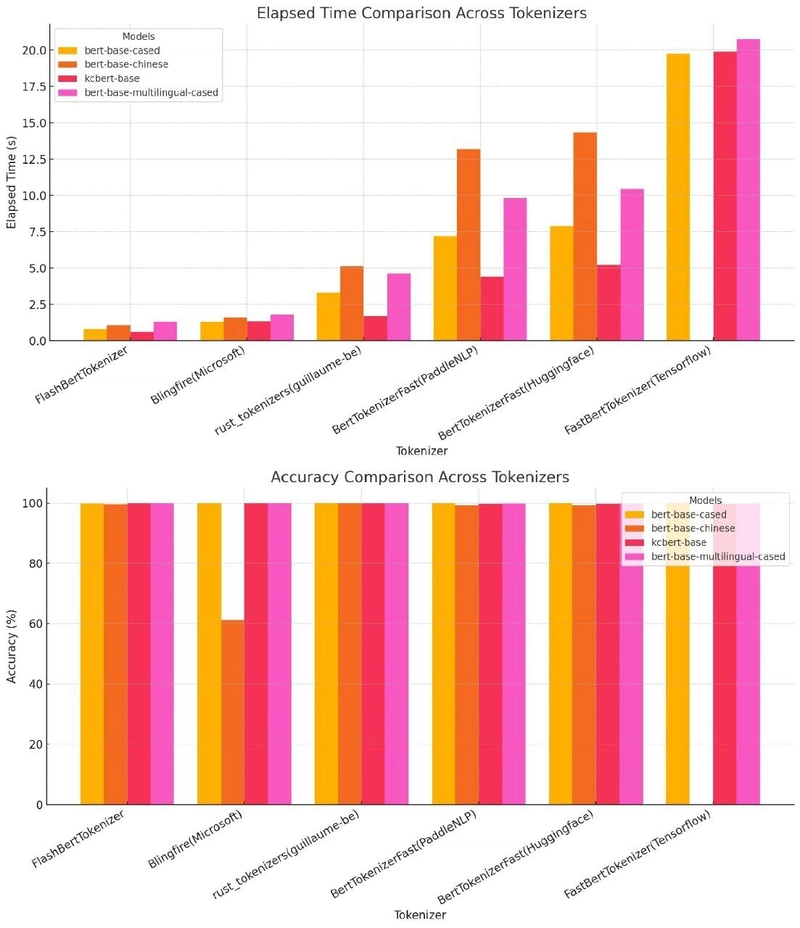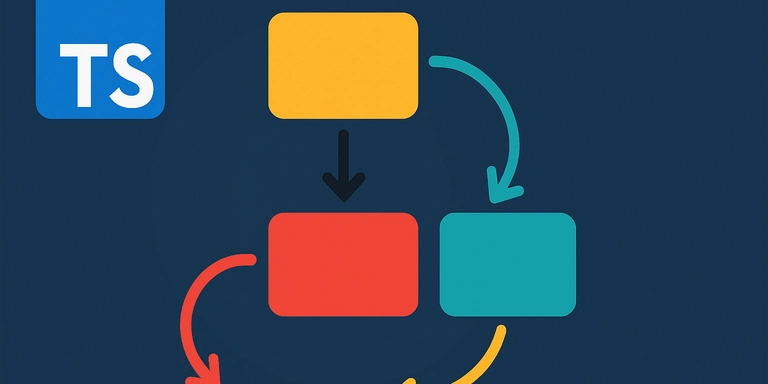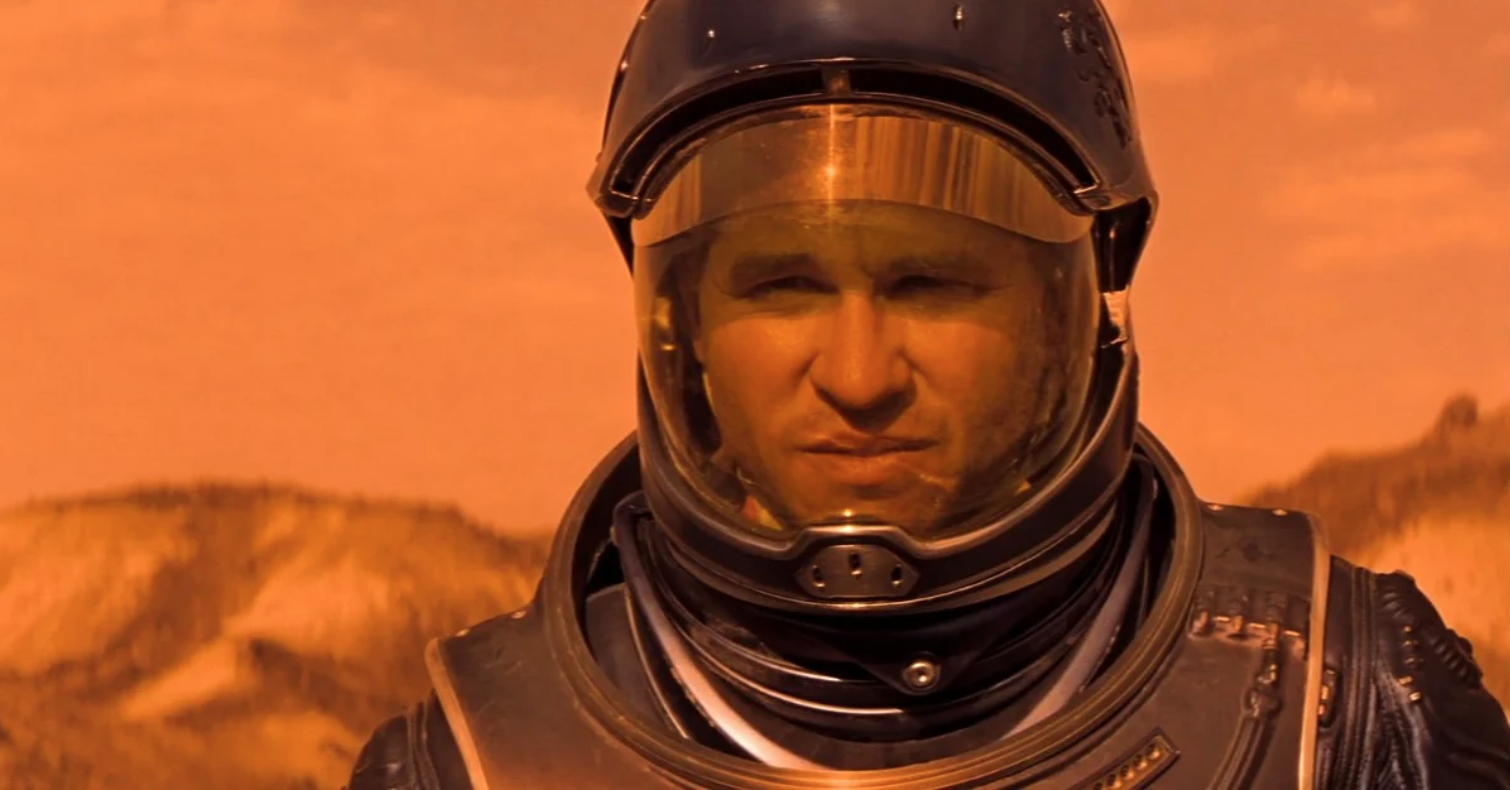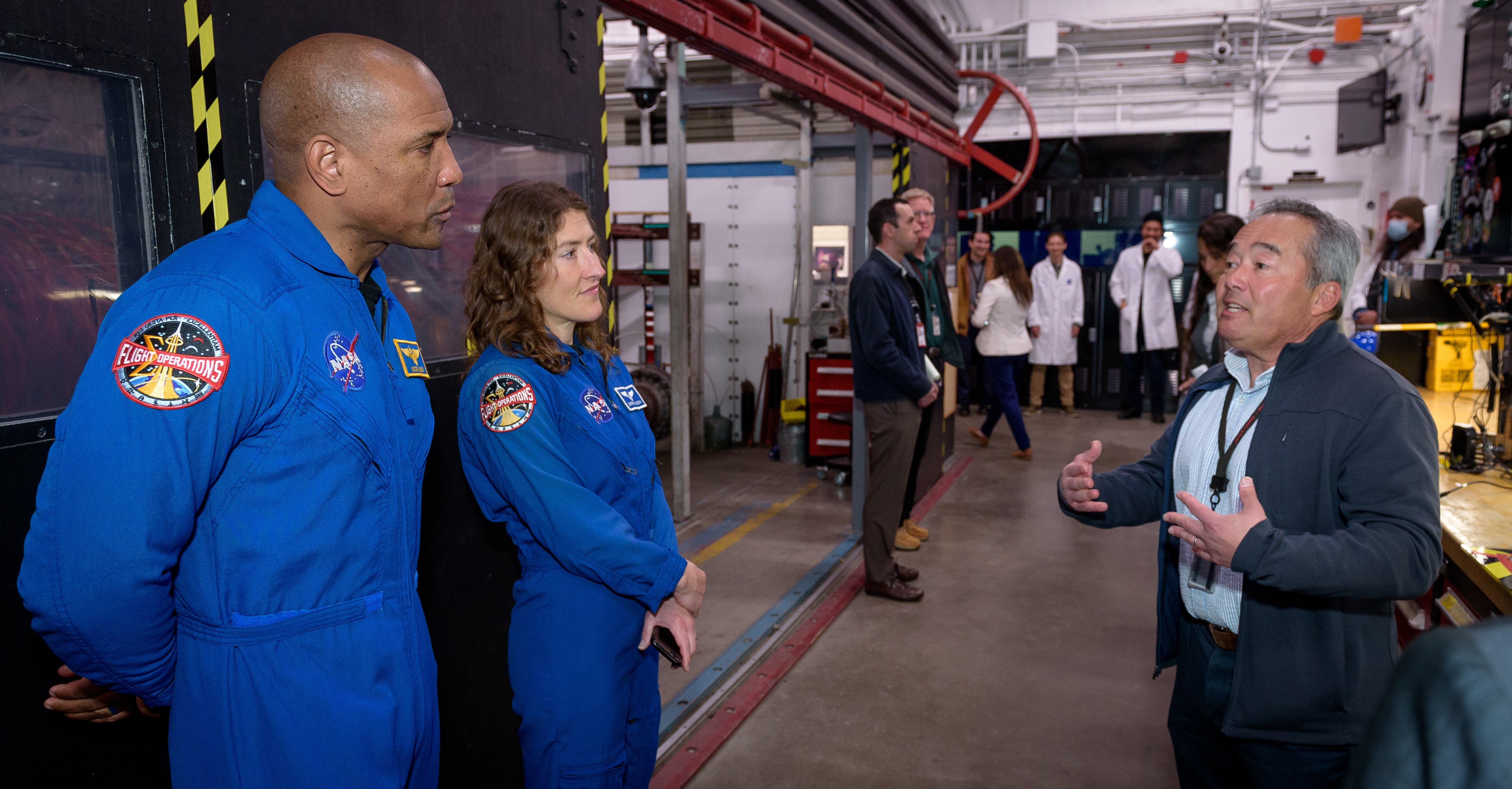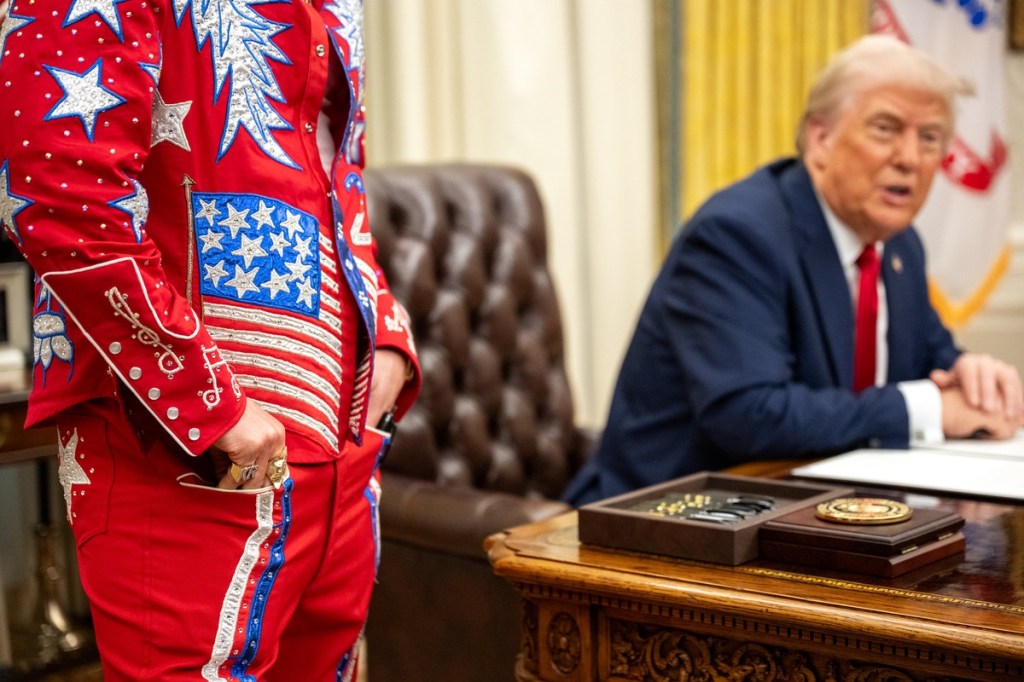Liberal Judge Beats Musk-Backed Challenger in High-Stakes Wisconsin Supreme Court Race
Susan Crawford, who led legal fights to protect union power and abortion rights and to oppose voter ID, defeated Republican-backed Brad Schimel in a race that became a proxy fight for the nation’s political battles.


MADISON, Wis. — The Democratic-backed candidate for Wisconsin Supreme Court defeated a challenger endorsed by President Donald Trump and billionaire Elon Musk on Tuesday, cementing a liberal majority for at least three more years. [time-brightcove not-tgx=”true”]
Susan Crawford, a Dane County judge who led legal fights to protect union power and abortion rights and to oppose voter ID, defeated Republican-backed Brad Schimel in a race that broke records for spending, was on pace to be the highest-turnout Wisconsin Supreme Court election ever and became a proxy fight for the nation’s political battles.
Trump, Musk and other Republicans lined up behind Schimel, a former state attorney general. Democrats including former President Barack Obama and billionaire megadonor George Soros backed Crawford.
The first major election in the country since November was seen as a litmus test of how voters feel about Trump’s first months back in office and the role played by Musk, whose Department of Government Efficiency has torn through federal agencies and laid off thousands of workers. Musk traveled to Wisconsin on Sunday to make a pitch for Schimel and personally hand out to $1 million checks to voters.
Early voting was more than 50% ahead of levels seen in the state’s Supreme Court race two years ago, when majority control was also at stake.
Seven polling sites in Milwaukee ran out of ballots, or were nearly out, due to “historic turnout,” and more ballots were on their way before polls closed, said Paulina Gutierrez, the executive director of the Milwaukee Elections Commission.
Clerks all across the state, including in the city’s deep-red suburbs, reported turnout far exceeding 2023 levels.
Schimel told his supporters he had conceded to Crawford, leading to yells of anger. One woman began to chant, “Cheater, cheater!”
“No,” Schimel said. “You’ve got to accept the results.”
At the Crawford party, cheers erupted when the Democratic state party chairman took the stage ahead of Crawford’s expected appearance.
A state race with nationwide significance
The court can decide election-related laws and settle disputes over future election outcomes.
“Wisconsin’s a big state politically, and the Supreme Court has a lot to do with elections in Wisconsin,” Trump said Monday. “Winning Wisconsin’s a big deal, so therefore the Supreme Court choice … it’s a big race.”
Crawford embraced the backing of Planned Parenthood and other abortion rights advocates, running ads that highlighted Schimel’s opposition to the procedure. She also attacked Schimel for his ties to Musk and Republicans, referring to Musk as “Elon Schimel” during a debate.
Schimel’s campaign tried to portray Crawford as weak on crime and a puppet of Democrats who, if elected, would push to redraw congressional district boundary lines to hurt Republicans and repeal a GOP-backed state law that took collective bargaining rights away from most public workers.
Voters in Eau Claire seemed to be responding to both messages. Jim Seeger, a 68-year-old retiree, said he voted for Schimel because he’s concerned about redistricting.
Jim Hazelton, a 68-year-old disabled veteran, said he had planned to abstain but voted for Crawford after Musk—whom he described as a “pushy billionaire”—and Trump got involved.
“He’s cutting everything,” Hazelton said of Musk. “People need these things he’s cutting.”
What’s on the court’s agenda?
Crawford’s win keeps the court under a 4-3 liberal majority, as it has been since 2023. A liberal justice is not up for election again until April 2028, ensuring liberals will either maintain or increase their hold on the court until then.
The court likely will be deciding cases on abortion, public sector unions, voting rules and congressional district boundaries. Who controls the court also could factor into how it might rule on any future voting challenge in the perennial presidential battleground state, which raised the stakes of the race for national Republicans and Democrats.
Musk and groups he funded poured more than $21 million into the contest. Donald Trump Jr., the President’s eldest son, campaigned for Schimel in the closing weeks and said electing him was essential to protecting the Republican agenda. Trump endorsed Schimel just 11 days before the election.
Last year the court declined to take up a Democratic-backed challenge to congressional lines, but Schimel and Musk have said that if Crawford won, the court would redraw congressional districts to make them more favorable to Democrats.
Musk was pushing that message on election day, both on TV and the social media platform he owns, X, urging people to cast ballots in the final hours of voting.
Schimel, who leaned into his Trump endorsement in the closing days of the race, said he would not be beholden to the President or Musk despite the massive spending on the race by groups that Musk supports.
Crawford benefitted from campaign stops by Minnesota Gov. Tim Walz, the vice presidential nominee last year, and money from billionaire megadonors including Soros and Illinois Gov. JB Pritzker.
Record-breaking donations
The contest was the most expensive court race on record in the U.S., with spending nearing $99 million, according to a tally by the Brennan Center for Justice. That broke the previous record of $51 million record, for the state’s Supreme Court race in 2023.
Musk contributed $3 million to the campaign, while groups he funded poured in another $18 million. Musk also gave $1 million each to three voters who signed a petition he circulated against “activist” judges.
Schimel has leaned into his support from Trump while saying he would not be beholden to the President or Musk. Democrats have centered their messaging on the spending by Musk-funded groups.
“Ultimately I think it’s going to help Susan Crawford, because people do not want to see Elon Musk buying election after election after election,” Wisconsin Democratic Party Chair Ben Wikler said Monday. “If it works here, he’s going to do it all over the country.”
Voters weigh in on Musk and reasons for whom they backed
At a polling place in Waunakee near Madison, 39-year-old Iraq War veteran Taylor Sullivan said he voted for Schimel for no reasons connected to Trump or Musk, but rather “because I support the police as much as Schimel does.”
In Milwaukee, 22-year-old college student Kenneth Gifford said he feels that Trump has done damage to American institutions and that Musk is trying to buy votes.
“I want an actual, respectable democracy,” he said.
—Associated Press writers Ali Swenson in New York; Christina A. Cassidy in Atlanta; Thomas Beaumont in Green Bay, Wisconsin; and Mark Vancleave in Eau Claire, Wisconsin, contributed to this report.

